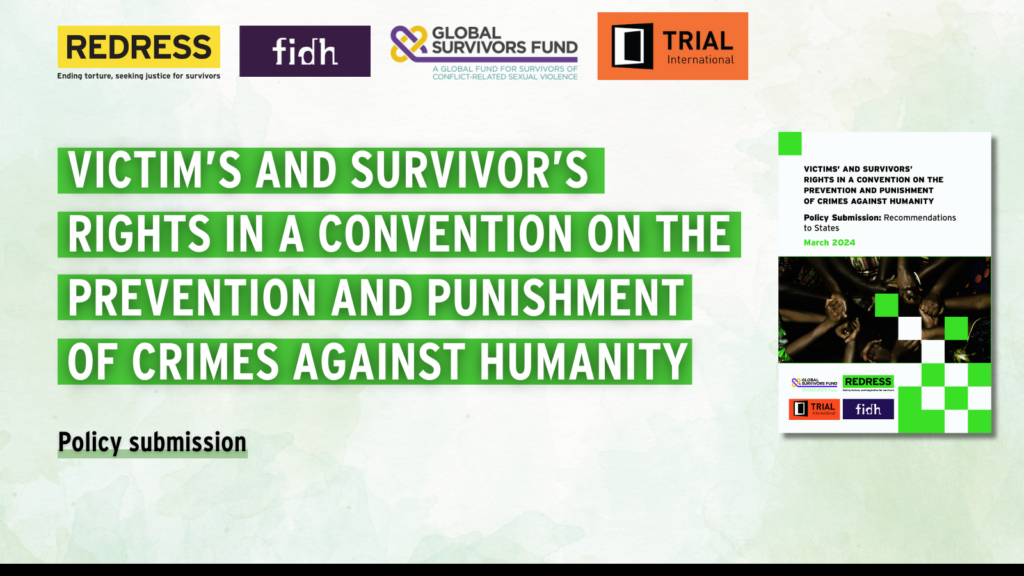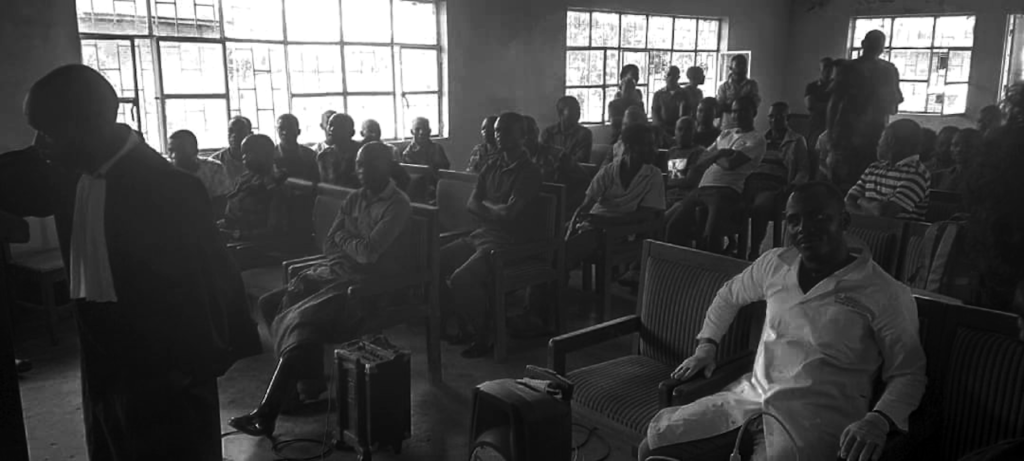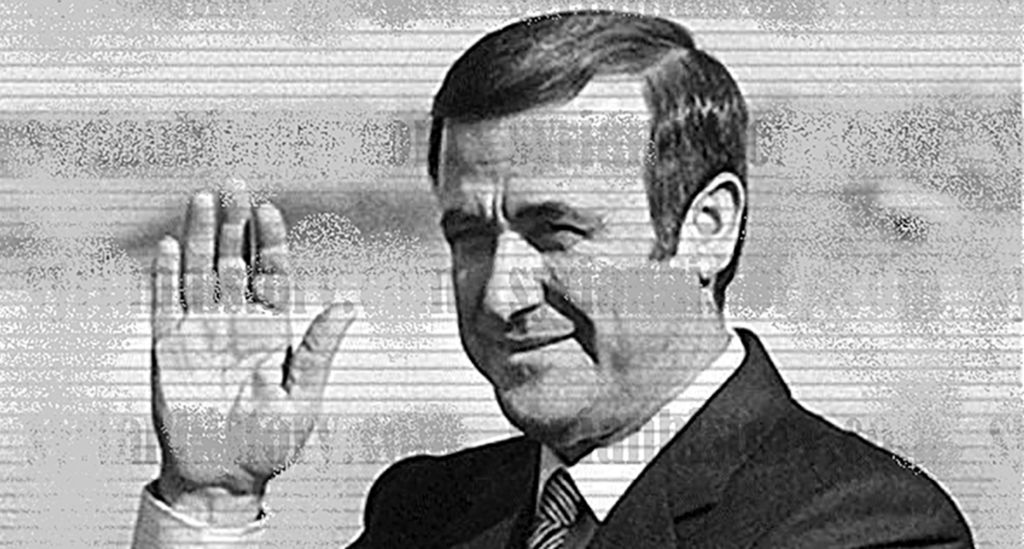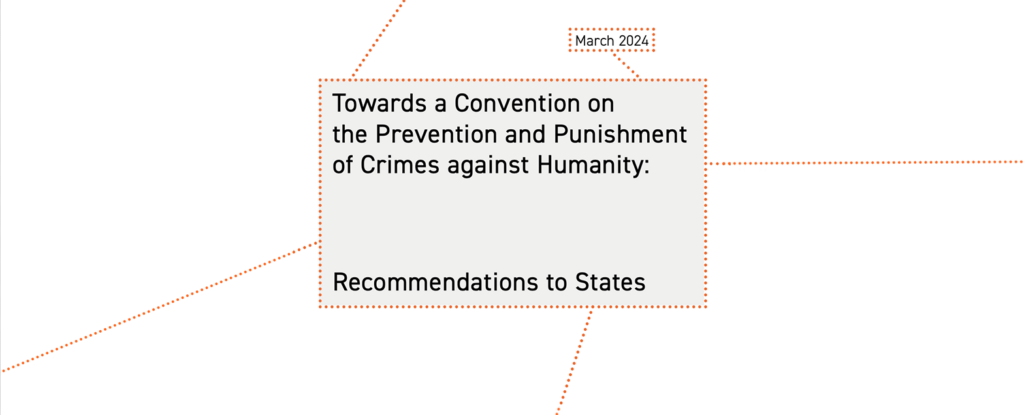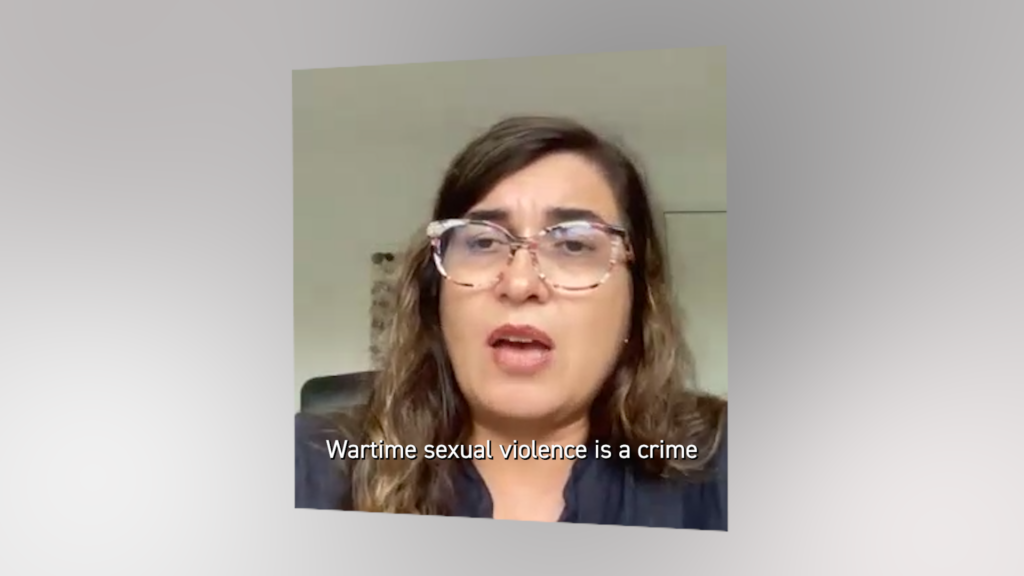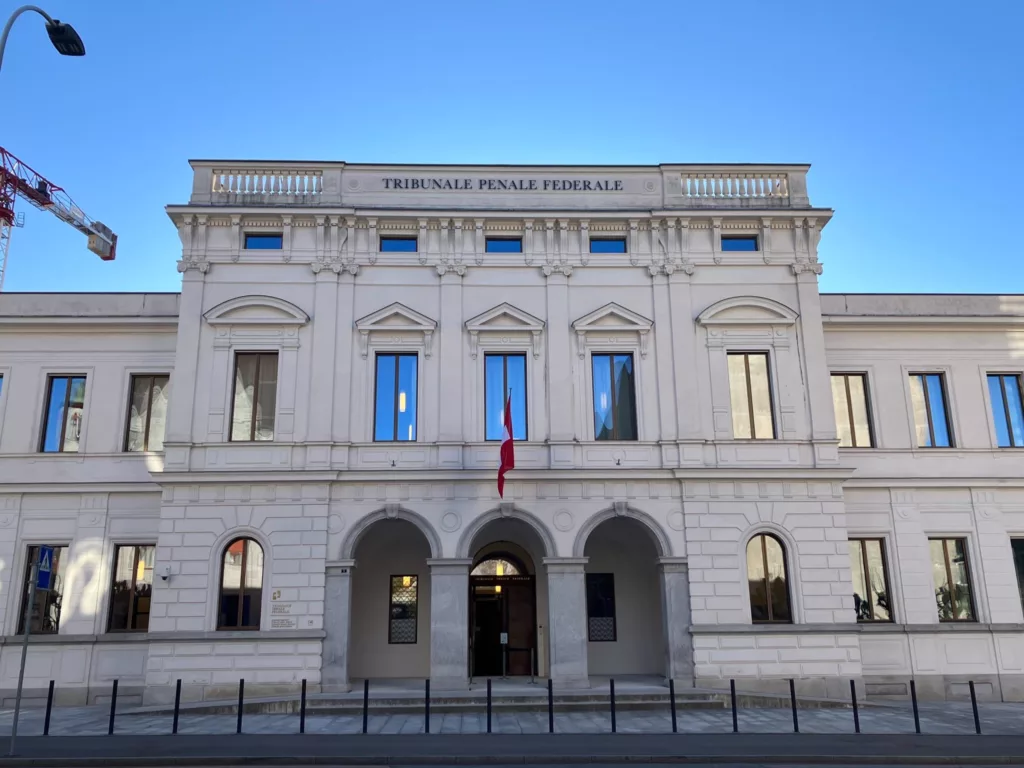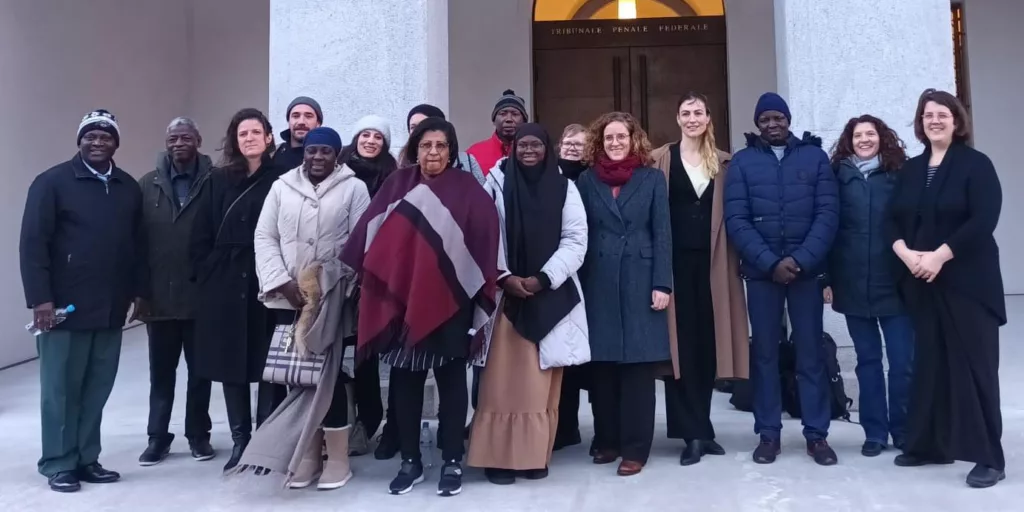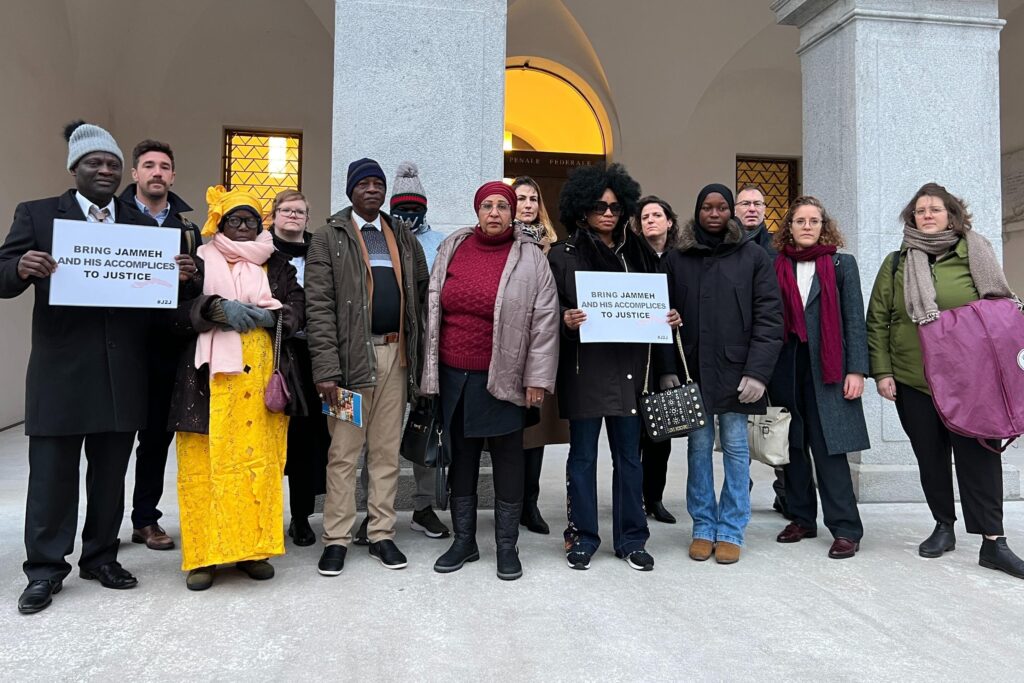Swiss Federal Criminal Court judgement in the Nezzar case: a model decision
Just one year ago, the Swiss Federal Criminal Court (FCC) recognized the existence of a civil war in Algeria during the “Black Decade,” between 1992 and 2002. This was a very thorough judgment which brought together, in a single decision, numerous aspects of international law. TRIAL International has translated key passages of the judgment into English in an effort to make it more accessible to international stakeholders.
“The decision of the FCC is the first judgment in the world to recognize the existence of a non-international armed conflict in Algeria during the ‘Black Decade.’ It therefore ought to be translated and widely circulated,” explains Philip Grant, Director of TRIAL International. Rendered one year ago in the case of Khaled Nezzar – the former Algerian Minister of Defense suspected of war crimes and crimes against humanity – this judgment directly contradicted an earlier decision of the Swiss Office of the Attorney General (OAG) to close the case. The text of the Court’s opinion, however, goes beyond the scope of the Nezzar case by considering two fundamental issues: the existence of war crimes and the possibility of prosecuting Nezzar for crimes against humanity.
Simple internal unrest or true conflict?
Without an armed conflict, there can be no war crimes. In order to rule on the question of whether such a conflict existed in Algeria at the time of Nezzar’s alleged crimes, the Court first had to establish a framework for analysis based on international law, to which the Algerian context during the “Black Decade” could then be applied. On this basis, the Court took the view that the violence reached a sufficient degree of intensity, and the Islamist armed groups had a sufficiently organized structure, to consider the conflict a civil war.
The evidence in the case pointed to a number of clashes between the government and its opponents. One sign of the virulence of the fighting and of the government forces’ determination is a statement by Nezzar, according to which the authorities aimed to “wipe out this den of terrorists by any means.” The Court cited Nezzar’s statement in its decision.
As to the second question, of whether Nezzar can be prosecuted for crimes against humanity, the judgment responded in the affirmative. It noted that the characteristics of Nezzar’s alleged crimes – the level of organization, the number of victims and the systematic practice of torture – indisputably meet the criteria for crimes against humanity. These were decisive factors in the FCC’s examination of the case. It is within precisely this framework that the OAG should have assessed whether Nezzar could be charged with torture. The OAG clearly did not undertake the appropriate analysis. Why then such a rush to close the case…?
Read the translated excerpts
Simple internal unrest or true conflict?
Without an armed conflict, there can be no war crimes. In order to rule on the question of whether such a conflict existed in Algeria at the time of Nezzar’s alleged crimes, the Court first had to establish a framework for analysis based on international law, to which the Algerian context during the “Black Decade” could then be applied. On this basis, the Court has taken the view that the violence reached a sufficient degree of intensity, and the Islamist armed groups had a structure sufficiently organized, to consider the conflict a civil war.
The evidence in the case points to a number of clashes between the government and its opponents. One sign of the virulence of the fighting and of the government forces’ determination is a statement by Nezzar, according to which the authorities aimed to “wipe out this den of terrorists by any means.” The Court cited Nezzar’s statement in its decision.
As to the second question, of whether Nezzar can be prosecuted for crimes against humanity, the judgment responds in the affirmative. It notes that the characteristics of Nezzar’s alleged crimes – the level of organization, the number of victims and the systematic practice of torture – indisputably meet the criteria for crimes against humanity. These were decisive factors in the FCC’s examination of the case. It is within precisely this framework that the OAG should have assessed whether Nezzar could be charged with torture. The OAG clearly did not undertake the appropriate analysis. Why then such a rush to close the case…?

